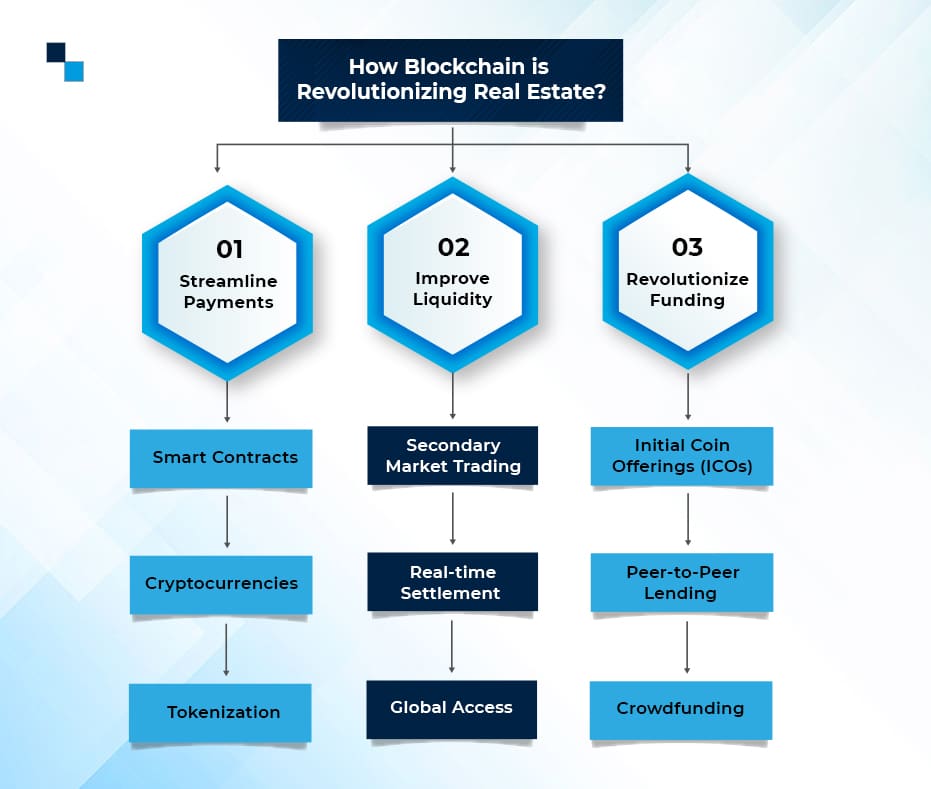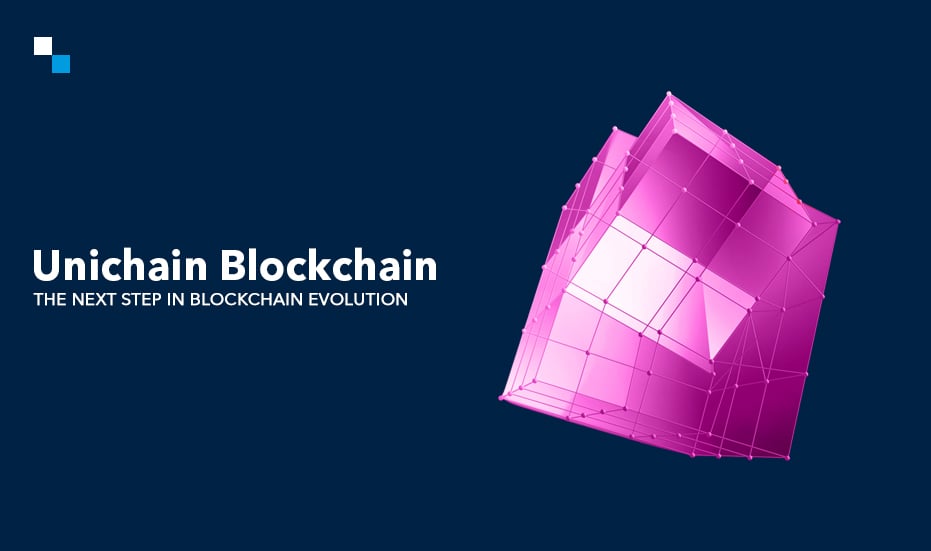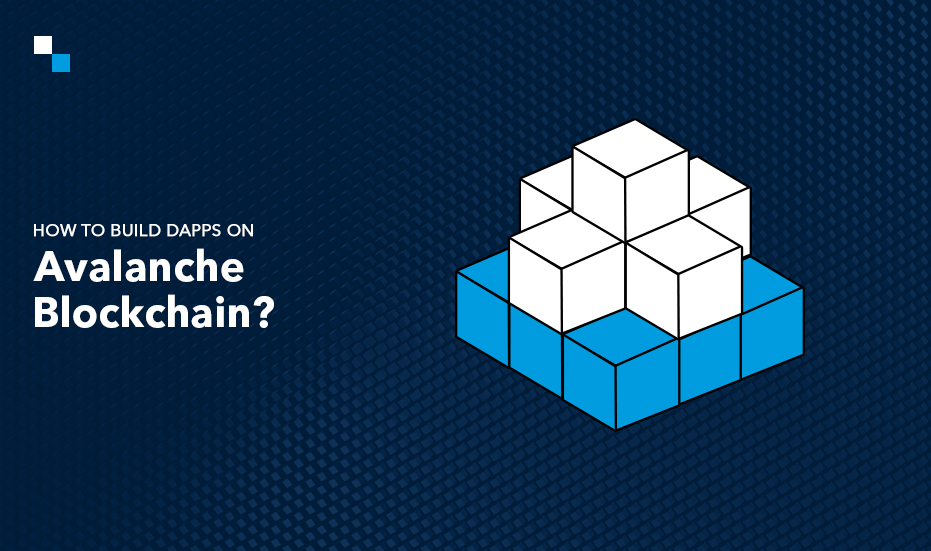
How Blockchain Healthcare Solutions can Transform the Pharmaceutical Supply Chain?
July 6, 2023
What are Dynamic NFTs (dNFTs)? A Complete Guide
July 6, 2023Blockchain’s introduction in various industries raises the interest of technophiles and crypto enthusiasts around the world towards technology. Real estate is one of the largest and most valuable asset classes in the world that is benefitting a lot from Blockchain’s disruptive capabilities. The way Blockchain has revolutionized the way payments are made or properties are bought and sold, the impact of Blockchain applications in real estate is noticeable.
Although Blockchain has revolutionized several aspects of real estate, in this blog, we will focus on how the use of Blockchain solutions for real estate can help streamline payments, and improve liquidity and funding.
- Blockchain Applications in Real Estate- Streamlining Payments
- Blockchain Solutions for Real Estate- Improving Liquidity
- Blockchain Applications in Real Estate- Revolutionizing Funding
- Why Choose Antier to Unlock the Potential of Blockchain Use Cases in Real Estate?
- Conclusion

Blockchain Applications in Real Estate- Streamlining Payments
The lengthy and complex payment process in real estate is one of the primary challenges that buyers and sellers face. The transformative power of Blockchain use cases in real estate helps address this issue by offering a completely decentralized, secured, and transparent platform for conducting transactions. Learn how you can streamline your real estate payment through this technology use-
- Smart Contracts:
Blockchain applications in real estate help streamline transactions and payments through smart contracts. Smart contracts are changing the real estate landscape by providing an improved way of processing and streamlining payment.
According to a PwC study, it was found that smart contracts could potentially save businesses $50 billion annually by 2022. These self-executing agreements include predefined rules and conditions. Once the terms and conditions of the contract are met, such as the transfer of property ownership, the smart contract automatically triggers the payment. Smart contracts automate the payment process eliminates the need for intermediaries as well as reduce the risk of human error. This automation ensures that payments are made accurately without any delay or disputes. Smart contracts reduce the administrative costs associated with payment processing to a good extent.
- Cryptocurrencies:
Cryptocurrencies can potentially transform the real estate market. As we know real estate transactions involve parties, including buyers, sellers, agents, brokers, lawyers, banks, government, companies, and more. Each of these adds complexity to the payment processes. Blockchain-based cryptocurrencies, such as Bitcoin or Ethereum facilitate faster and cost-effective cross-border payments that reduce the fees, delays, and risks associated with international transactions. These digital currencies eliminate the need for currency conversions.
Leveraging the decentralized nature of Blockchain solutions for real estate can help you achieve the milestone of streamlining real estate payments. Although cryptocurrencies are still in their early stages of adoption, it offers a number of opportunities and advantages for streamlining the payments in real estate and making it more efficient, transparent, and accessible.
- Tokenization:
Tokenization is another buzzword and one of the popular Blockchain use cases in real estate that are garnering the attention of real estate investors or businesses. Tokenization is the process of converting real estate assets into digital tokens that are easy to transfer & trade on Blockchain platforms.
The process of tokenization helps divide real estate ownership into smaller fractional shares that make it easier to sell and transfer ownership. It develops flexible and efficient payment structures, opening up more opportunities for investors to buy tokens, representing a fraction of properties. ATLANT is a perfect example. The company has developed a platform that uses Blockchain technology in order to simplify real estate and rental property transactions. By tokenizing real property, assets can be further traded and transactions can be made online.

Blockchain Solutions for Real Estate- Improving Liquidity
Traditionally, real estate assets have been considered illiquid investments that make it difficult for investors to access their capital. Fortunately, there are numerous Blockchain solutions or Blockchain applications in real estate that can be used to enhance liquidity in the real estate market.
- Secondary Market Trading:
The asset tokenization enables secondary market trading that enhances liquidity. Investors can easily buy and sell tokens, representing fractional ownership in real estate properties that improves the liquidity and accessibility to real estate assets to a good extent. The asset tokenizations also allow investors to broaden their portfolios as they are able to own fractions of multiple properties and trade them on different Blockchain platforms.
- Real-Time Settlement:
One of the most compelling benefits of using Blockchain for real estate development is that it holds the potential to enable real-time transactions and settlements. The traditional real estate transactions were complex and involved lengthy settlement periods that often take a huge amount of time. The decentralized ledger and smart contract functionality of Blockchain promote faster settlement once the predefined conditions are met.
With the help of smart contracts, terms and conditions can be programmed into the Blockchain. Once these conditions are met, the transaction is executed automatically, and funds are transferred. Real time-settlement reduces the time needed for real estate holding conversion into cash that enhances liquidity and provides investors with faster access to the capital.
- Global Access:
Several Blockchain use cases in real estate open up opportunities for investors. Blockchain technology eliminates geographic barriers and simplifies investment in the foreign real estate market. Previously, investing in the foreign market required extensive legal and financial processes. However, the introduction of Blockchain applications in the real estate sector has made it convenient for investors to connect globally.
One can leverage Blockchain solutions for real estate to access properties in different countries or regions and more real estate opportunities. Such increased accessibility also improves liquidity. Blockchain allows a huge pool of investors to participate in real estate transactions, contributing to liquidity and market efficiency.
Blockchain Applications in Real Estate- Revolutionizing Funding
Blockchain applications in real estate also have the potential to revolutionize the way real estate projects are funded. Here are some ways Blockchain can give an edge to real estate funding-
- Initial Coin Offerings (ICOs):
Blockchain allows real estate developers to raise capital through Initial Coin Offerings (ICOs). ICOs involve the issuance of security tokens on a Blockchain platform, representing shares or ownership rights in a real estate project.
Real asset tokenizations through ICOs allow fractional ownership, enabling investors to broaden their portfolio across multiple real estate projects. ICOs help streamline the fundraising process, eliminating the need for intermediaries, reducing administrative burdens, and making the fundraising process cost-effective and efficient.
- Peer-to-Peer Lending:
Utilizing Blockchain for real estate development is a smart move as it enables peer-to-peer lending platforms, where individuals can directly lend funds to real estate developers or property owners. No intermediaries, automated loan agreements with smart contracts, and global access to capital, provide more lending opportunities, facilitate cross-border funding and diversify the funding process.
- Crowdfunding:
Blockchain-based crowdfunding platforms unlock new possibilities for real estate financing. Crowdfunding is the process of pooling small contributions from a large number of individuals in order to fund real estate projects. Blockchain-based crowdfunding platforms allow individuals to invest small amounts in real estate projects, providing access to more investment opportunities that were earlier limited to institutional investors or high-net-worth individuals.
Blockchain’s transparent and immutable ledger also ensures that all transactions and financial information related to crowdfunding campaigns are recorded and visible to all participants in the network. Such a level of transparency builds trust among investors, allowing them to track the progress of the project and validate the use of funds.
Blockchain-based crowdfunding platforms utilize smart contracts in order to govern the distribution of profits and returns to investors. Smart contracts automatically execute predefined conditions, ensuring fair and transparent profit-sharing among contributors.
Why Choose Antier to Unlock the Potential of Blockchain Use Cases in Real Estate?
Antier is a leading Blockchain development company, specializing in developing Blockchain solutions for real estate players. We have gained pride in the crypto world being a reliable partner for developing Blockchain applications in real estate. The following are some of the reasons to choose Antier for your next project.
- Expertise: Antier has a huge team of Blockchain developers having real-world experience in delivering end-to-end services of Blockchain for real estate development, including exchanges, smart contracts, and more.
- Customization: We also provide the ease of developing customized Blockchain solutions for real estate that cater to the specific needs and goals of each client, ensuring optimal outcomes and satisfaction.
- Security: Antier ensures the security and integrity of the Blockchain applications in real estate by using industry-approved security features, such as encryption, and smart contract auditing.
- Scalability: Developers at Antier also utilize scalable and interoperable Blockchain platforms, such as Ethereum, Binance Smart Chain, Polygon, and Solana, to enable faster and low-cost transactions and support high user demand.
- Support: We believe in nurturing our relationship with clients providing better support throughout the process of utilizing Blockchain for real estate development, ranging from ideation to deployment to maintenance. We also offer post-launch services, such as marketing, legal compliance, and user education.

Conclusion
No doubt, Blockchain holds the immense potential to revolutionize the way real estate payments are made, and funds are collected. It has the power to transform the industry and end up with clients with a better real estate buying and selling experience. By leveraging features such as smart contracts, tokenizations, cryptocurrencies, and more, the real estate industry can remove traditional barriers and embrace an efficient and accessible future. While it also holds some challenges and regulatory considerations, Blockchain applications in real estate can break the conventional rules of making real estate payments and funding. If you want to unlock the significant opportunities associated with Blockchain, connect with Antier today!



